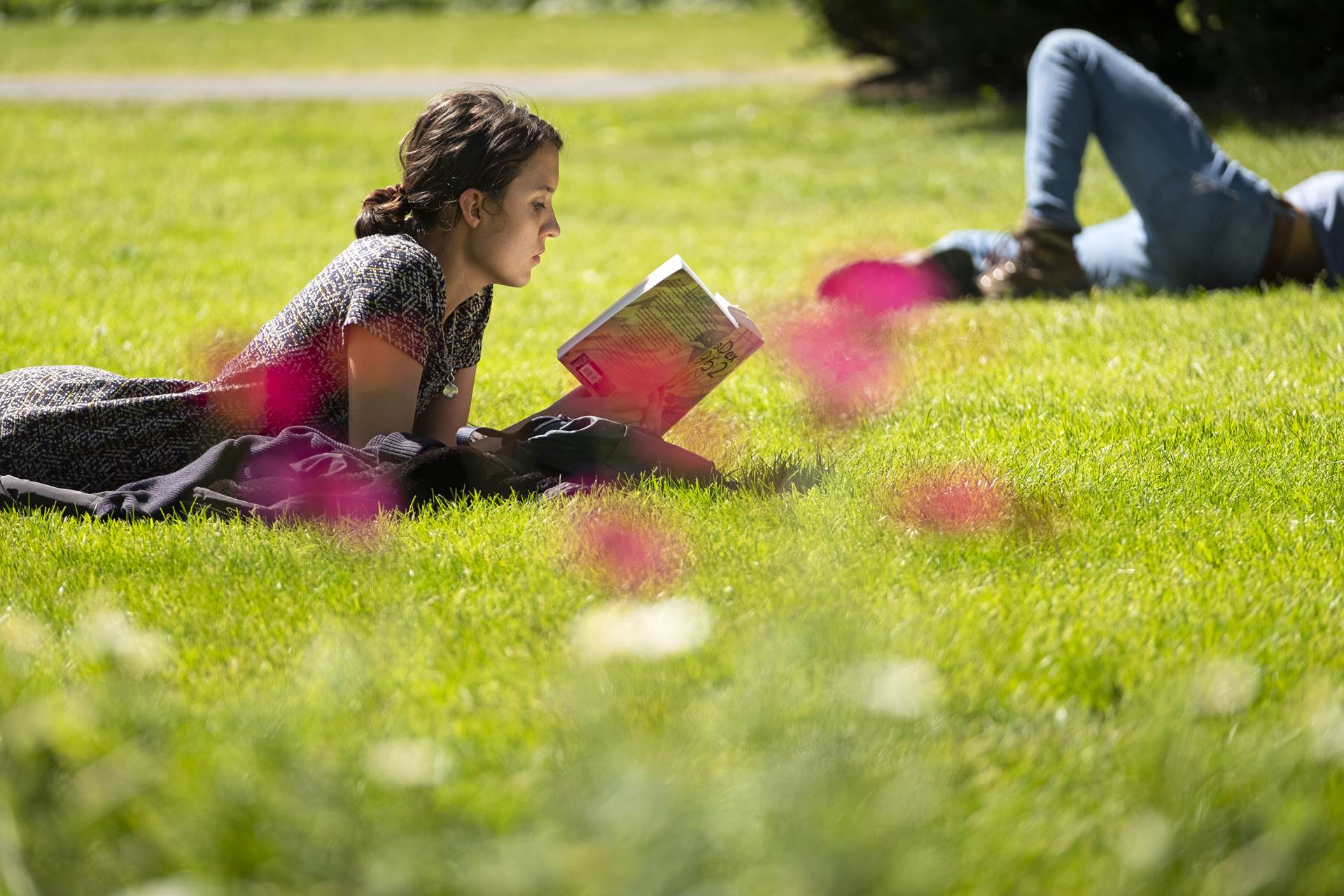Iceland takes precautionary measures
- New clusters of domestic infections are being investigated
- Gathering limit set at 100 individuals
- Continued emphasis on personal hygienic measures and individual responsibility
Renewed restrictions because of the Covid-19 pandemic will be put in place on Friday 31 July, the Minister of Health has decided based on the recommendations by the Chief Epidemiologist. These measures are taken in response to two clusters of infections that have been identified in the past few days, one of which has not been traced to a definite source.
"In late February Iceland was among the first countries in Europe to institute a policy of quarantine, isolation, high-volume testing and contact tracing. This policy served us well and the measures we are introducing now are intended to have the effect of sparing us the need for more drastic restrictions later," says Prime Minister Katrín Jakobsdóttir. “However, if further steps need to be taken, we will not hesitate to take them in order to protect public health and our healthcare infrastructure. As before, we rely on the active co-operation and responsible behaviour of the general population and naturally, this extends to everyone who is visiting Iceland. We all need to do our share in limiting the risk of further spread of the virus by respecting the social distancing rules and practicing thorough hand-washing, and other precautions."
The new restrictions reimpose a 100-person limit of larger gatherings and reinstate the 2-meter social distancing rule. This applies to all businesses, workplaces, and public establishments. Where the 2-meter rule cannot be respected masks should be used, such as on domestic flights and ferries, in hair salons, massage parlours and other personal service establishments. All businesses and establishments open to the public must provide hand sanitizers, regularly clean, and disinfect the premises and equipment. Museums, clubs, and other establishments open to the public, where the 2-meter rule cannot be maintained, should temporarily halt their operations. Bars and restaurants must close by 11 PM as before.
Since Iceland started offering border screening, almost 60 thousand people have been tested for the virus upon arrival in Iceland. Since 13 July, Icelanders and those living in Iceland have had to take special precautions for the first five days after arriving in Iceland and undergo a second PCR-test to minimize the risk of a false negative causing infection to spread in the community. As of tomorrow, all those arriving in Iceland from high-risk areas who intend to stay in Iceland for 10 days or more, will have to take the same precautions and undergo a second test. In their recommendation, the Chief Epidemiologist and his deputy, highlight that further measures might need to be taken at the border at a later stage, should the number of infections continue to grow rapidly.
“To minimize the risk of further spread within the community, we rely on the tools that served us well so far, namely early testing, contact tracing, quarantining of at-risk individuals and targeted social distancing measures. We always expected that a small number of infections might pop up from time to time, and we have all the mechanisms in place to tackle such cases,” says Thorolfur Gudnason, Chief Epidemiologist.
Since 23 July, 28 domestic infections have been diagnosed in Iceland raising the incidence of domestic infections to 7.1 per 100 thousand inhabitants over the last 14 days. The incidence of infections diagnosed through border screening is 2.5 per 100 thousand inhabitants over the last 14 days. So far, one person has been hospitalized and the ambulatory remote care unit has been reactivated to care for those infected.
A total of 1 872 individuals have been diagnosed with Covid-19 in Iceland. Of those 39 are currently isolated with an active infection, 1 823 have recovered and 10 have died.


